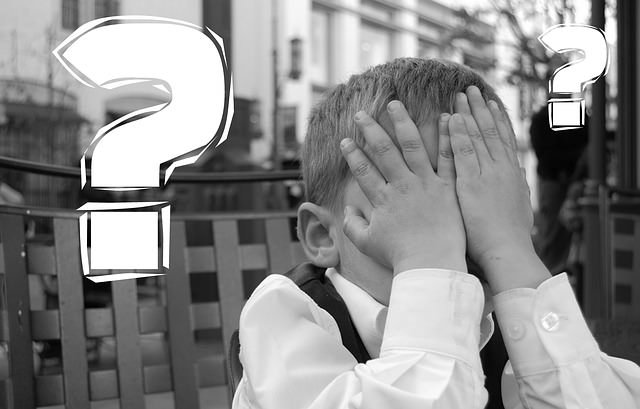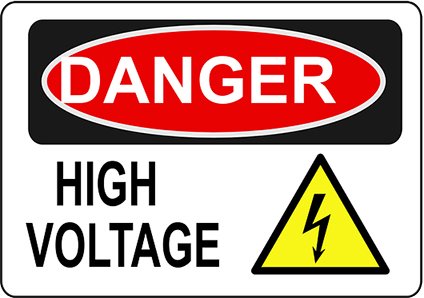Providing Alternative Choices in Order to Change Behavior

Change for the better is hard, but especially for children. Having children can be difficult at times. Trying to get them to stop doing something can be a challenge. Some things parents do to try to correct the behavior and motivate change is by using a scornful tone, or other punishments like a timeout or losing some form of privilege for a time, etc. Why does punishing often not work? Why do the children keep doing the same behavior?

Source: pixabay
Yet even when we get reprimanded for doing a wrong or doing things wrong, incorrectly or improperly, we can persist in repeating the same behavior. With all the pressure to not do things wrong, why do we keep doing it? A study set out to answer why punishment can seemingly produce the opposite effect and keep someone engaging in the same behavior being punished for.
A test was devised to give weak electric shocks for hitting the left or right key depending on the setup. Participants had to choose if a number on a screen was smaller or greater than 5, and hit left for 1 to 4, and right for 6 to 9. Another experiment had two shocks, one weaker and one stronger for each direction. If you got the answer right, you would still get shocked if your setup had the left or right key always giving a shock. This was to see if someone would still choose to engage in behavior despite negative consequences of pain being applied.
In the first test people tended to push the direction for the single weaker shot quickly when the answer was that way. The experimenters thought this was because they wanted to get the pain over with. In the second test they expected people to press the key quickly for the key with the most pain. But people tended to push the key rapidly only when there was the weaker shock, not for the stronger shock.
It seems that punishment alone is not enough to suppress the behavior that is being punished. The punished behavior can even increase in frequency, so that the punishment has the opposite effect on curbing the behavior. What appears to be happening is that the brain (or mind) is using behavioral consequences to determine if an action is agreeable to be engaged in. The negative consequence to the behavior is known beforehand, it is acceptable, and the choice is made to repeat the behavior as desired — despite those consequences.
Even if we know an unpleasant effect or consequence will follow from our causal action, we will keep doing itbecause that’s what we have done and we know the outcome. The outcome — although negative — is acceptable to us in that situation, so we persist in our habits and keep doing what we do. The known is often more preferable to the unknown. As they say, we choose the devil we know. But the key to getting over habits or bad behavior, is in imagining or knowing an alternative choice to make. Bring the unknown into the known as an alternative.
When a child or an adult is locked into a certain behavioral pattern, into certain habits, they are going to stay *stuck doing the same thing unless they understand another way of doing things. This is why for children, it’s especially important to give feedback about their misbehavior along with an alternative better way of doing things so that they can understand why something is not desired.
Even for adults, this is a known way of overcoming habits. If you don’t envision another way of doing something, then you can’t very well choose to do something different and you will continue to do the same thing. So when trying to discipline or punish a child for some form of wrong behavior, there is always a requirement to explain the situation and have them understand why what they did is worse compared to an alternative that is better. This is how they will learn, and how we all keep learning later on in life as well.
Everyone can benefit from being pointed out clear alternatives to their problematic behavior. We often get stuck in habitual, automatic and unconsciously unawarebehavioral patterns. If we self-examine, analyze, introspect, reflect and contemplateon what we do and how it affects others in the short or long-term, we can better tackle many of the problems that befall our modern world. We can get out of being led by our unconscious or subconscious desires and motivations, and take back control of the chessboard of our kingdom of self with our conscious awareness and willpower.
Everything that is happening — right or wrong — is a result of behavior. We are on one spaceship-earth and in the end we all bear some weight for what we allow to persist on this planet. We can change our behavior if we are willing to look at it honestly.


